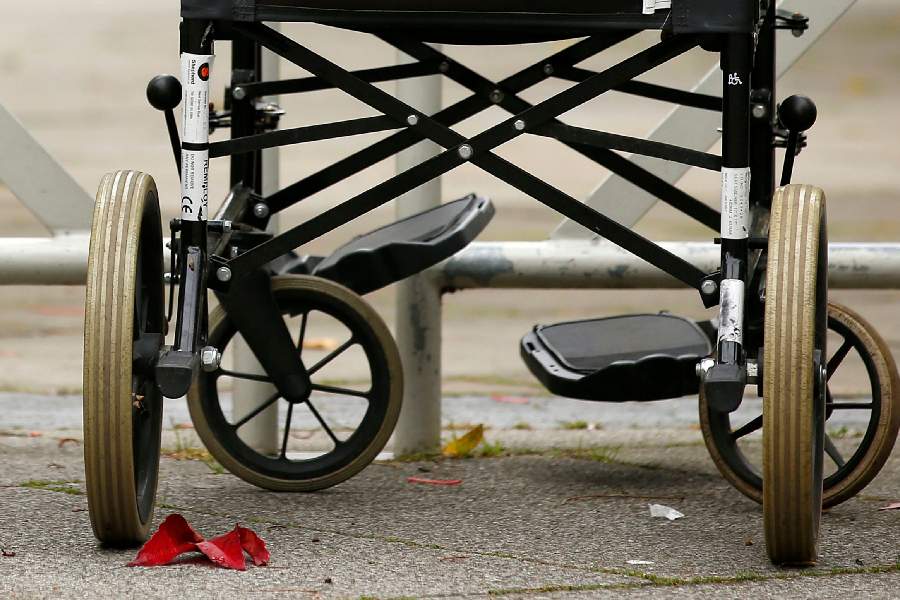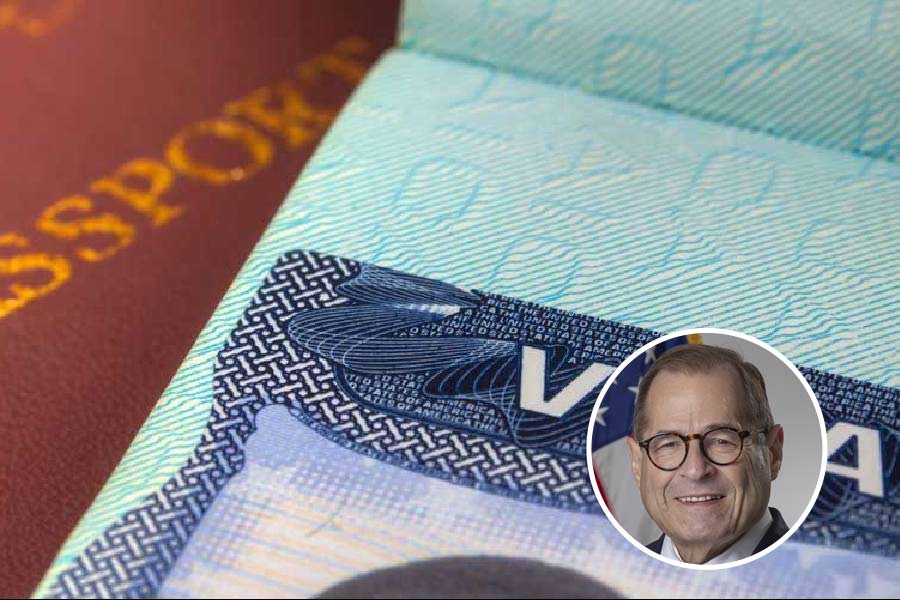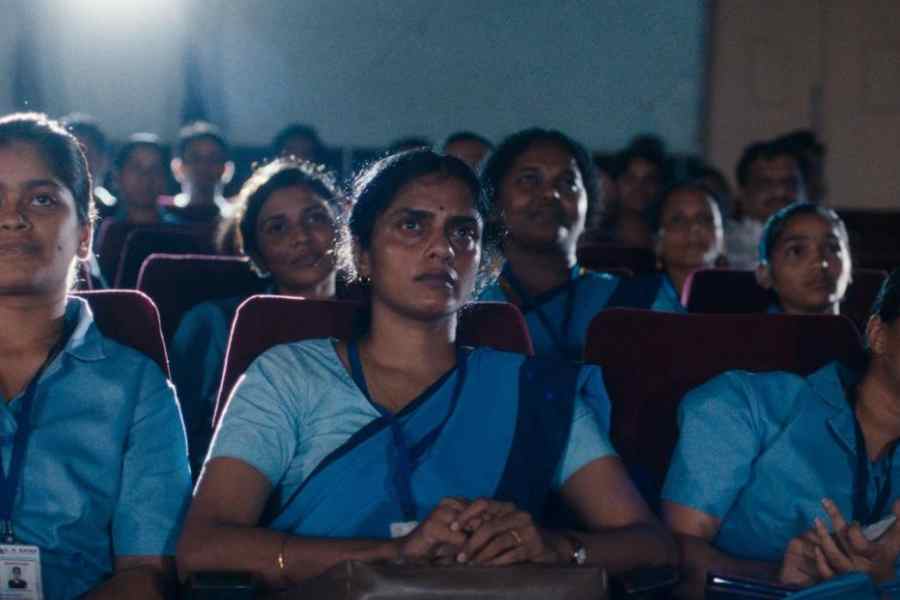Breaking barriers for a more inclusive future, the Indian Council of Medical Research (ICMR) has released the National List of Essential Assistive Products (NLEAP) to prioritise essential assistive products towards making a difference in the lives of those with functional impairments.
Assistive products (APs) play a pivotal role in enhancing the quality of life and promoting independence among individuals with functional impairments. However, accessing and obtaining these products can pose significant challenges, particularly for the economically-disadvantaged population.
The NLEAP is a list of 21 APs and technologies that are deemed essential for individuals with functional impairments to improve their quality of life and participation in the society.
The ICMR carried out an extensive exercise to develop the NLEAP in 2020, with inputs from subject experts, end-users, policy makers, non-governmental organisations, manufacturers, academicians, standardisation professionals and international agencies as well as the assistive product lists developed by various agencies and countries.
"We work on seven functional domains of the body -- locomotor, physical or mobility related, visual, hearing, cognition, communication, self care and sports recreation and leisure activities," Dr Ravinder Singh, senior scientist at the ICMR, said.
"Patients usually come to us with restrictions in any one of these domains," he added.
To restore or rehabilitate them on that aspect and provide assistive care, the ICMR, in 2020, released a draft NLEAP, which contained a total of 380 APs that were found to be important in any of the domains through a consultative process, Singh said.
Since then 13 more consultations have been held involving stakeholders and the list was modified from time to time. Finally, 21 products were prioritised.
"The primary objective of the NLEAP is to ensure universal accessibility to essential APs while also serving as a point of reference for government agencies, healthcare providers and rehabilitation services," Singh said.
The 21 APs are visual aids, hearing aids, wheelchairs, walkers and rollators, canes for visually-impaired people, canes or sticks for locomotion, crutches, orthosis, prosthesis, therapeutic footwear, Braille, tactile and audio signages, portable ramps, tricycles, phone, cochlear implants, deaf-blind communicators, rail bars and bedside guards, modified commode chair, fall detectors and incontinence products.
The NLEAP serves as a reference for government agencies, health providers and rehabilitation services to prioritise the provision of APs to individuals with functional impairments. The list aims to ensure that the most important assistive products are available, affordable and accessible to people with functional impairments to enhance their ability to live a full and independent life.
Except for the headline, this story has not been edited by The Telegraph Online staff and has been published from a syndicated feed.










